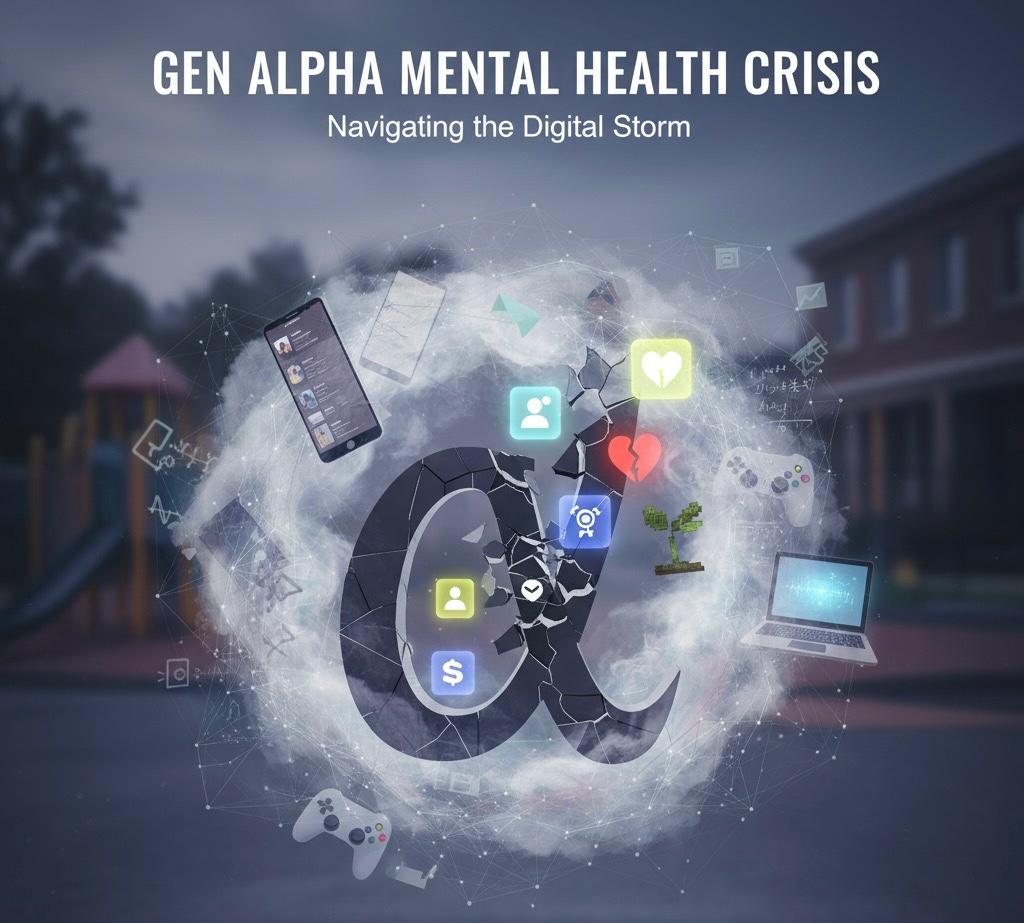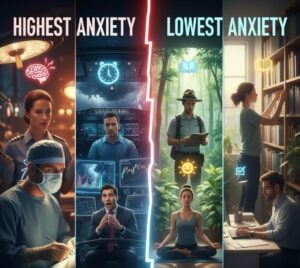The gut-brain axis represents a remarkable example of how different systems within the body are interconnected. This concept has garnered significant attention in recent years, especially in the field of psychoneuroimmunology. It refers to the bidirectional communication network that links the enteric and central nervous systems. This article delves into the mechanisms of the gut-brain axis and its implications for mental health, citing recent scientific research.
Understanding the Gut-Brain Axis
- Bi-Directional Communication: The gut-brain axis involves complex crosstalk between the gut and the brain. This communication network includes the central nervous system (CNS), the enteric nervous system (ENS), the autonomic nervous system (ANS), and the hypothalamic-pituitary-adrenal (HPA) axis (Mayer et al., 2015).
- Role of the Microbiota: The gut microbiota, comprising trillions of microbes, plays a crucial role in this axis. These microbes can produce various neurochemicals, such as serotonin and gamma-aminobutyric acid (GABA), which affect brain function and mood (Cryan & Dinan, 2012).
- The Vagus Nerve: The vagus nerve is a major component of the gut-brain axis, providing a direct pathway for gut bacteria to transmit signals to the brain (Breit et al., 2018).
The Gut-Brain Axis and Mental Health
- Impact on Mental Health Disorders: Changes in gut microbiota composition have been associated with several mental health disorders, including depression, anxiety, and stress-related disorders. The gut microbiota can influence the stress response and emotional behaviour through the gut-brain axis (Foster et al., 2017).
- Inflammation and Mental Health: Chronic inflammation in the gut can contribute to the development of mood disorders. Pro-inflammatory cytokines, influenced by gut bacteria, can impact brain function and lead to depressive symptoms (Kelly et al., 2016).
- Psychobiotics: The study of psychobiotics, probiotics that can have a positive impact on mental health by influencing the gut-brain axis, is an emerging area of research. These can potentially be used to treat psychiatric disorders (Sarkar et al., 2016).
Nutritional Implications
- Diet and Gut Health: Diet plays a significant role in shaping gut microbiota. Diets rich in fibre, fermented foods, and omega-3 fatty acids can promote a healthy gut microbiome and, in turn, positively influence mental health (Marín et al., 2015).
- Anti-inflammatory Foods: Consuming anti-inflammatory foods may reduce gut inflammation and its impact on the brain. This includes fruits, vegetables, nuts, and whole grains (Lucas et al., 2014).
Conclusion
The gut-brain axis offers a novel perspective on understanding mental health disorders and highlights the importance of gut health in overall psychological well-being. Emphasizing a diet that supports a healthy gut microbiome could be a key strategy in managing and preventing mental health issues, particularly in a diverse dietary landscape like Australia.
References
- Mayer, E. A., et al. (2015). Gut/brain axis and the microbiota. Journal of Clinical Investigation, 125(3), 926-938.
- Cryan, J. F., & Dinan, T. G. (2012). Mind-altering microorganisms: the impact of the gut microbiota on brain and behaviour. Nature Reviews Neuroscience, 13(10), 701-712.
- Breit, S., et al. (2018). Vagus Nerve as Modulator of the Brain-Gut Axis in Psychiatric and Inflammatory Disorders. Frontiers in Psychiatry, 9, 44.
- Foster, J. A., et al. (2017). Stress & the gut-brain axis: Regulation by the microbiome. Neurobiology of Stress, 7, 124-136.
- Kelly, J. R., et al. (2016). Breaking down the barriers: the gut microbiome, intestinal permeability and stress-related psychiatric disorders. Frontiers in Cellular Neuroscience, 9, 392.
- Sarkar, A., et al. (2016). Psychobiotics and the Manipulation of Bacteria–Gut–Brain Signals. Trends in Neurosciences, 39(11), 763-781.
- Marín, L., et al. (2015). Diet, Gut Microbiota, and Depression: Current Knowledge and Future Perspectives. Acta Psychiatrica Scandinavica, 132(6), 411-423.
- Lucas, M., et al. (2014). Inflammation: a missing link between depression and cardiovascular disease. Current Opinion in Psychiatry, 27(5), 397-403.
How to get in touch
If you or your patient/NDIS clients need immediate mental healthcare assistance, feel free to get in contact with us on 1800 NEAR ME – admin@therapynearme.com.au.







